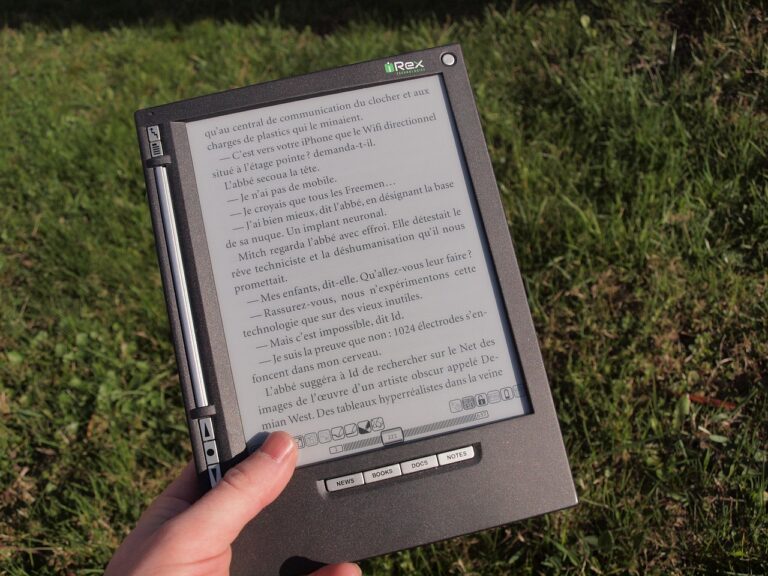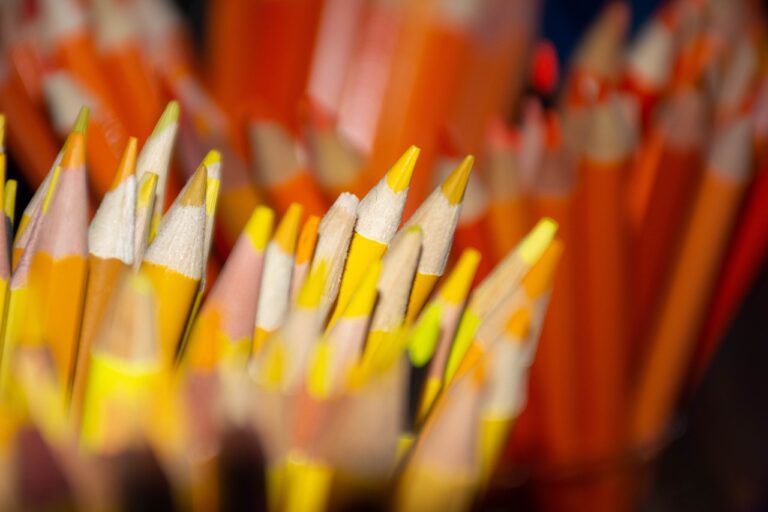Assessing Media Literacy Skills in the Digital Age: Goldenexch, Cricbet99 link, King 567
goldenexch, cricbet99 link, king 567: As we navigate the ever-evolving landscape of the digital age, it is becoming increasingly crucial to assess media literacy skills. With the rise of social media, fake news, and deepfakes, being able to critically analyze and evaluate the information we consume is more important than ever.
With the plethora of information available at our fingertips, it can be challenging to discern what is true and what is not. Media literacy skills are essential in helping individuals navigate this complexity and make informed decisions about the content they engage with online.
Assessing media literacy skills involves evaluating one’s ability to access, analyze, evaluate, and create media in various forms. This includes understanding how to fact-check sources, identify bias, and distinguish between credible and unreliable information.
Developing media literacy skills is a lifelong process that requires continuous learning and adaptation. In today’s digital age, where misinformation spreads rapidly, having a strong foundation in media literacy is crucial for safeguarding against manipulation and deception.
Here are some key areas to focus on when assessing media literacy skills in the digital age:
1. Understanding the Media Landscape
2. Evaluating Sources
3. Identifying Bias
4. Fact-Checking
5. Recognizing Manipulation Techniques
6. Creating and Sharing Media Responsibly
By honing these skills, individuals can become more critical consumers of information and better equipped to navigate the complexities of the digital world.
FAQs:
Q: Why are media literacy skills important in the digital age?
A: Media literacy skills are important in the digital age because they empower individuals to critically analyze and evaluate the information they consume, helping them make informed decisions and guard against misinformation.
Q: How can I improve my media literacy skills?
A: You can improve your media literacy skills by staying informed, fact-checking sources, analyzing bias, and practicing critical thinking when consuming media.
Q: What are some resources for developing media literacy skills?
A: There are many resources available for developing media literacy skills, including online courses, workshops, and educational websites. Websites like Media Smarts and Common Sense Media offer valuable information and tools for improving media literacy.
In conclusion, assessing media literacy skills in the digital age is essential for navigating the vast amount of information available online. By developing and honing these skills, individuals can become more discerning consumers of media and better equipped to participate in informed conversations about the world around them.







